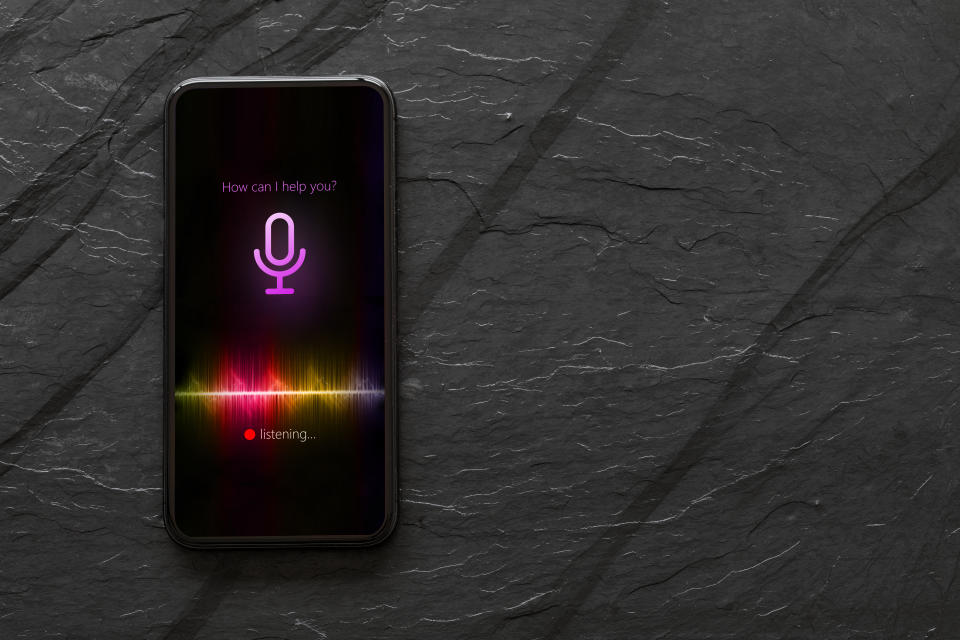Skepticism clouds growth of tech in health

A new survey released at the CES Digital Health Summit reaffirmed the mistrust consumers have of digital health.
Data breaches of major health care companies, sharing of identifiable data and increased concerns over how the data is being used by tech giants and health care companies alike is fueling the skepticism.
The survey, from data analysis firm and CES partner Kantar, revealed that only 38% of consumers surveyed believe there are enough safeguards in place to protect their digital health data.
In addition, few have ever used a voice assistant—whether through a home device, wearable or mobile phone—for health-related tasks or to get health-related information, according to the survey.
It’s a tough statistic to digest in an industry where artificial intelligence and data are a key focus to creating better health care outcomes.
Lynnette Cooke, global CEO of the health division at Kantar, told Yahoo Finance the news is surprising, but also required more mining of data to determine if age was a factor in responses.
“I was surprised to see that more than half still do not use voice technology,” she said.
At least 54% did not use any voice assistant at all. But for those that did, 16% have used it to find out about a health issue, 14% used it for a medication reminder, 13% have used it to manage their fitness regimen, and 11% have used it to call a health care provider.
But Cooke believes there is still room for growth, and still a chance for technology and health companies to overcome the persisting mistrust or disinterest from consumers.
It’s like when ATMs were first rolling out, and people said there was no way they would trust the machine to do their banking.
“Now, you can’t even imagine going into bank regardless of your age,” Cooke said. “The trust issue, it’s not just a health industry problem, but it certainly is an area where people will be more protective of that information.”
And it goes beyond just overall data. But that general public remains optimistic about the future potential of such technology.
While there is more technology creating better connections in health care, according to 53% of those surveyed, only 47% said they would consider using an implanted device for dementia, chronic pain or Parkinson’s, and few would consider it for a spouse or child.
Meanwhile, at least half said there is promise in AI and that it could help identify problems and help develop better drugs or treatment.
Anjalee Khemlani is a reporter at Yahoo Finance. Follow her on Twitter: @AnjKhem
Read the latest financial and business news from Yahoo Finance
Follow Yahoo Finance on Twitter, Facebook, Instagram, Flipboard, SmartNews, LinkedIn, YouTube, and reddit.
Read more:
CEO: Why telehealth can 'upend' health care like Amazon did retail
Study: The health sector is splurging on digital, but not reaping the rewards just yet
